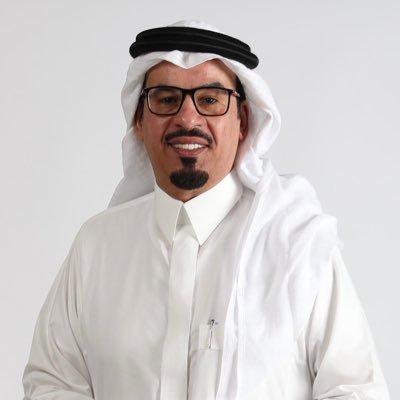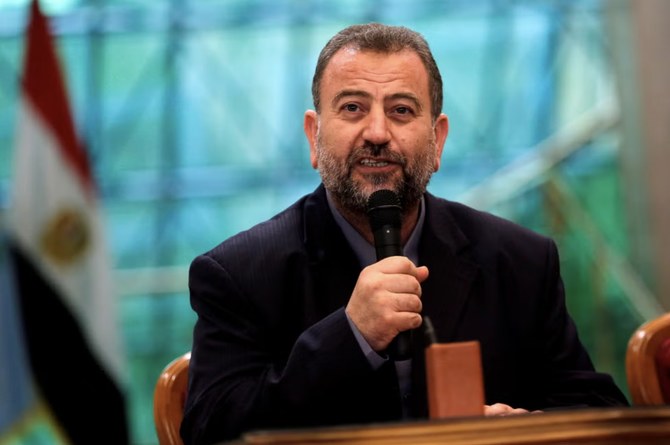
Commenting on my previous article, “The Lesson from Sudan,” someone intelligent asked me: Could Lieutenant General Abdel Fattah Al-Burhan, Sudan’s Army Commander, become Field Marshal Siwar al-Dahab 2.0? And then he added: the Siwar al-Dahab who was a man of action, not an idealist, and Burhan could do so with Arab and international support and protection.
Another question was added to the question. Could Rapid Support Forces Commander Lieutenant General Mohammed Hamdan Dagalo, better known as Hemedti, be the new Siwar al-Dahab? However, the issue here is that militias do not ordinarily operate that way, and both men are fighting a battle that will leave them in either the palace or the grave.
Thus, amid talk of mediation efforts to initiate a dialogue between the two men at the head of the warring factions, the question is: Could Burhan announce that his role is to eliminate the militia and then safeguard the transition?
Will Burhan declare that if the army restored control on the ground, it would immediately begin withdrawing from the political scene, guaranteeing political stability and really becoming Siwar al-Dahab, by handing power over to a civilian government?
This proposal may seem idealistic, but I am merely thinking out loud. It is an attempt to open horizons in our thinking about this perilous crisis. Could Burhan make such a declaration and commit to it, thereby dealing a real blow to Hemedti outside the field of battle?
Could Burhan score a political point, peacefully, that carries more weight than any military blow could? Indeed, victory is often realized through political savvy rather than cannon barrels. Could Burhan do it and put the RSF commander in an extremely awkward position internationally?
Could Burhan do it to become a genuine savior, rescuing the state, giving the republic’s army its prestige back, and putting the onus to support him on the international community and the Arabs? Most importantly, he would be rectifying the sins of Bashir and the Muslim Brotherhood, clearing the army’s name and obliging historians to a crucial contribution it made to safeguarding the state.
Today, what we need is for the Sudanese state to win. It is not about Burhan or Hemedti. In his interview with Asharq Al-Awsat, the latter reiterated claims that the army and Burhan are extensions of the Bashir regime, referring to them as “remnants of the defunct regime” and “the coup forces.”
As I already said, the same question could be asked of Hemedti. However, the RSF has not achieved decisive results on the ground. So far, Hemedti’s men have been most effective at propaganda, exploiting social media and media outlets by announcing victory “live.”
Asked if he believed that parties would again return to the Framework Agreement during his interview with this newspaper, he replied: “Yes, this will happen after the defeat or surrender of the coupist commanders of the armed forces. This is a vow we made before our people and we do not renege on vows.”
I doubt it, as does everyone else following the developments in Sudan; such journalistic skepticism is perfectly natural, and it stems from what we have all seen from the militias of our region. Thus, I repeat the question. Can Hemedti pledge to withdraw from the scene? I doubt it, as he is fighting for the survival of a militia, not a state.
Thus, the question becomes whether Burhan will ensure the victory of the Sudanese state. Will he become the first serious and upright officer since Siwar al-Dahab? Will Burhan win this round through an unequivocal commitment, allowing Sudan to take a significant step toward winning this dangerous battle by ensuring the survival of what remains of its state?












